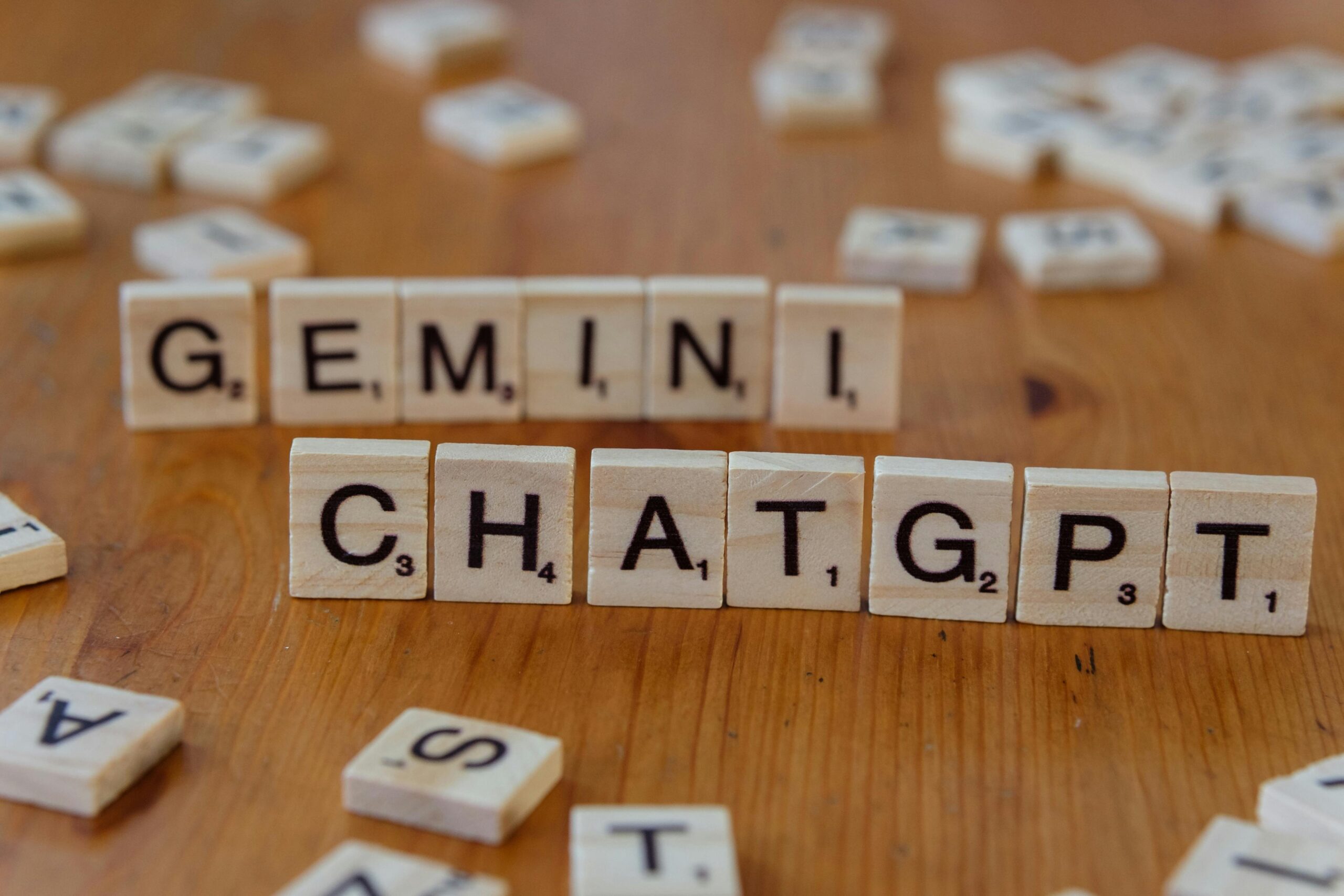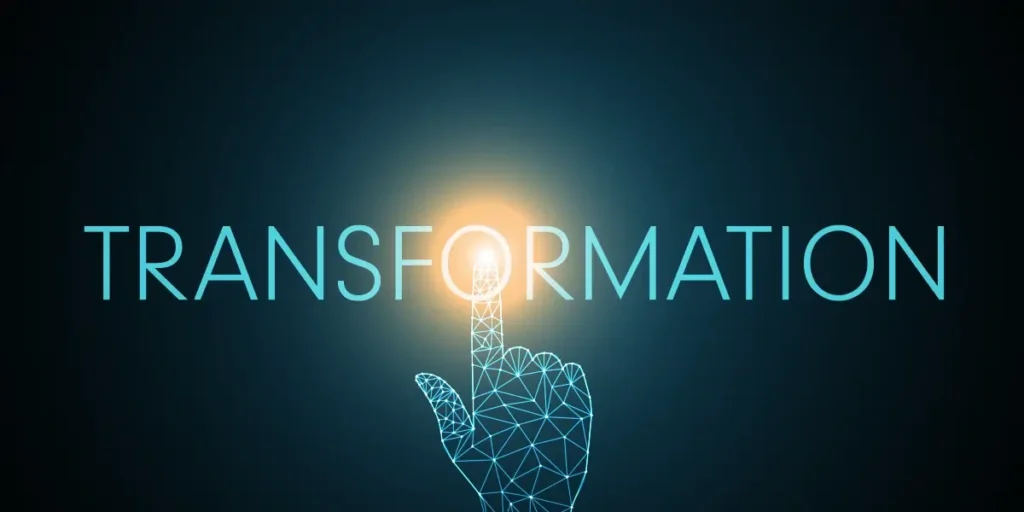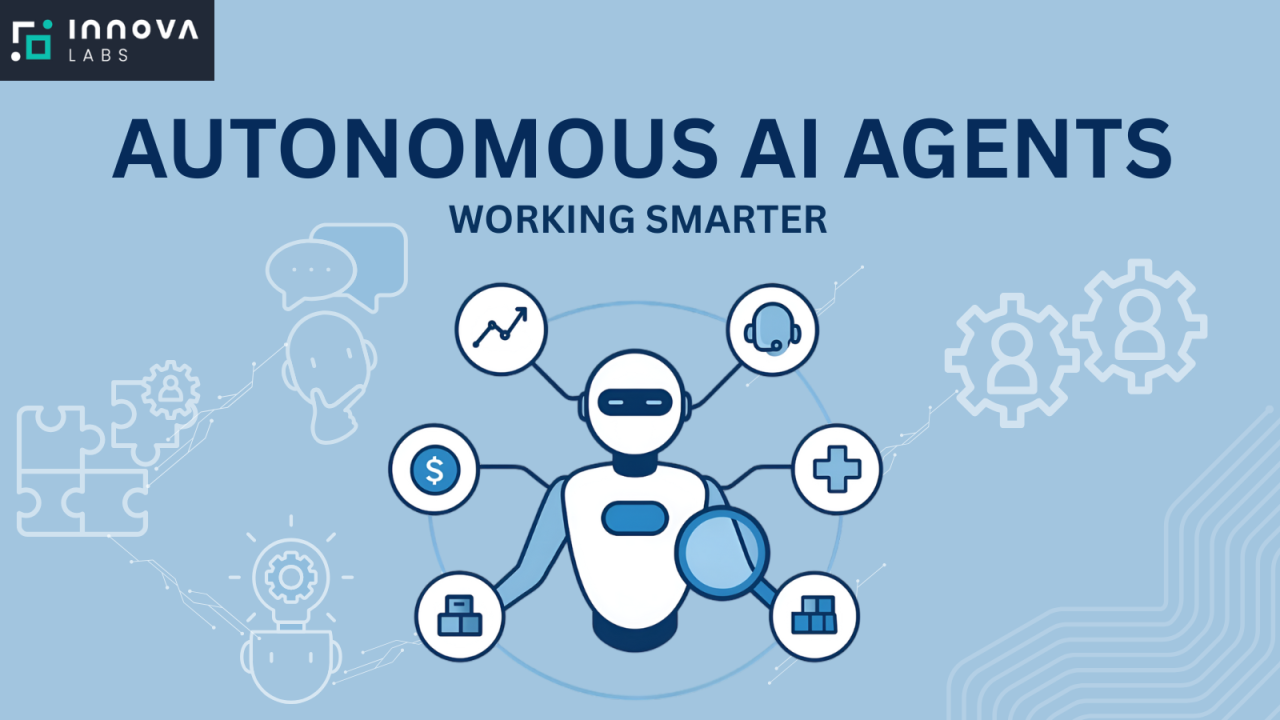OpenAI vs Google vs Meta: Who’s Winning the Agent Race?
What Are AI Agents?
So before we start the fight between Google, OpenAI, and Meta, we need to know what we mean when we say AI agents. As such an AI agent is not merely a chatbot or a voice assistant. It is an ambitious system that has the ability to act independently to accomplish tasks. It has the abilities to plan, reason, communicate with the tools or their surroundings and even with the environment, and carry out multi-step processes with the minimum input of the user. You may think of it as your digital assistant, which does not wait to be told what to do instead of knowing what you want to know. By the year 2025 we are utilizing AI agents in: Code Writing and debugging Automating research Time and work schedules Content formations Digitalizing on the way and APIs Helping in customer services and business processes So how are tech titans meeting this challenge? Let us see.
OpenAI: The Customizable Agent Leader with ChatGPT
On the one hand, OpenAI shocked the world with the availability and infinite capabilities of AI through ChatGPT, but on the other hand, in the future, it has already shifted its focus to making its chatbot into the actual AI agent in 2024 and 2025. The release of GPT-4 Turbo gave the users access to: Advanced Data Analysis- Code Interpreter Web browser live access tool DALL·E image production and editing Memory to memorize preferences and context Domain-specific use case Custom GPTs All these features push ChatGPT to the next level and beyond sticky talk, as it turns out to be an agent that has the chance of reasoning, using tools, and automation.
OpenAI’s Vision for AI Agents
It appears that the long-term goal of OpenAI is to develop agents that will be capable of functioning across several applications, combining with workflows, and learning in the course of time. OpenAI CEO Sam Altman has drop-hyped a scenario since your personal agent, who understands what you want and will be your digital teammate. In early 2025 OpenAI released a desktop app of ChatGPT, making their assistant even more integrated into daily tasks. Users can now perform a drag and drop operation, auto-report, or receive live support on code issues through the app.
What Makes OpenAI Strong in the Agent Race?
-
Massive user base through ChatGPT (100M+ weekly users)
-
Powerful multimodal capabilities
-
Custom GPT marketplace enabling tailored agents
-
Integration with Microsoft ecosystem (Outlook, Word, Excel via Copilot)
What Are Its Limitations?
-
ChatGPT still functions largely in a prompt-response model
-
No persistent real-time agents yet (though leaks suggest it’s in development)
-
Strong reliance on cloud usage (vs embedded/local agents)
Google: The Infrastructure Giant with Gemini and Project Astra
Google has been working on intelligent agents behind the scenes for over a decade, and its vision became clearer with the release of Gemini 1.5 Pro and Flash. These models offer long context windows, multimodal inputs, and are deeply integrated into Google’s ecosystem.
Gemini’s Role in the Agent Strategy
Gemini Nano gives power to such projects as Google Workspace (Docs, Gmail, Sheets), Bard (now Gemini AI), and Android smartphones. But Google is not making its stop at apps only, it is creating agents that are aware of the environment in real time. That is where Project Astra comes. Project Astra is a prototype of a multimodal AI assistant unveiled in 2024, capable of seeing, hearing, and understands the world in real-time via a smartphone or wearable device. Such embodied agent demonstrates the desire of Google to break the screen and introduce AI to the physical environment.
Strengths of Google’s Agent Ecosystem
Matched infrastructure that is unmatched with Tensor and TPU hardware Search + Android + YouTube + Maps integration Power of the workspaces in business and educational setting Live video real-time and multimodal agents
Google’s Agent Limitations
Gradual release of new features has been clunky to say the least The interface of Gemini is still in development and does not have such general polishing as ChatGPT It is fairly common that consumer perception views Bard as opposed to the perception of Gemini as an agent
Meta: The Social Agent and Open-Source Disruptor
While OpenAI and Google have focused on productivity and infrastructure, Meta is taking a completely different route—it’s building agents that are social, contextual, and embedded in your daily interactions.
Meta’s AI is now integrated across:
-
WhatsApp, Messenger, and Instagram
-
Ray-Ban Meta Smart Glasses
-
Meta AI with voice capabilities and memory
The Role of LLaMA and Open-Source AI
The popularity it enjoys among its researchers and developers has come through its free LLaMA models which are open-source. Releasing LLaMA 3 in 2024, Meta got a foothold in the developer space, although its consumer tools do not match ChatGPT or Gemini in terms of maturity. Enterprise dominance is not what Meta has, but ubiquity is the name of the day: with billions of users on its apps. What would it look like to have a helpful, proactive agent generating everything on WhatsApp chat, Facebook feed, or Instagram scroll?
Smart Glasses and Embodied AI
The Ray-Ban smart glasses that are developed by Meta and have improved multimodal AI enable people to communicate with real-life agents. It may be the case that you seek directions, define something or share an experience, whatever the case, Meta Agent is there hanging at the back of your head silently gathering details and assisting you.
Meta’s Strengths in the Agent Race
-
Socially aware agents integrated into daily life
-
Open-source innovation and community contributions
-
Wearable-first strategy that others haven’t matched yet
Meta’s Weaknesses
-
Limited presence in productivity or enterprise AI
-
Struggles to compete on coding, analytics, or workflow tools
-
Public image focused more on metaverse than AI agent leadership
Feature Comparison: OpenAI vs Google vs Meta
| Feature | OpenAI (ChatGPT) | Google (Gemini) | Meta (LLaMA/Meta AI) |
|---|---|---|---|
| Multimodal Capabilities | (Images, Voice, Tools) | (Text, Images, Video) | (Text, Voice, Video) |
| App Integration | Medium (MS Copilot) | High (Workspace, Android) | High (WhatsApp, IG, FB) |
| Open-Source Contribution | (Closed) | (Partially Open) | (LLaMA models) |
| Memory & Personalization | (Custom GPTs, Memory) | (Context aware) | (Contextual prompts) |
| Hardware Integration | (Pixel, Nest, etc.) | (Smart Glasses) | |
| Enterprise Reach |
Who’s Winning the AI Agent Race in 2025?
Let’s break it down by use case:
Best for Developers and Tech Enthusiasts: OpenAI
Best for Businesses and Infrastructure: Google
Gemini is designed in such a manner that it is entangled within Google Workspace, Android, and enterprise tools. It suits knowledge workers/professionals because of its long-context models and interfaces and real-time features (such as Project Astra).
Best for Everyday Social Interactions: Meta
Meta is making a niche in wearables and messaging as well as social and embodied agents. And should you desire an agent to assist in real-world, no-hands cases, Meta is going farther than any other company is willing to explore.
The Future of AI Agents
The future of AI agents will: Never give up, and study among sessions and platforms Embedded into devices, such as glasses, phones, or AR Communicate cross platform- voice, text, vision and even the APIs Be able to handle multi-modal, multi-step autonomously It is not merely that OpenAI, Google, and Meta are competing with each other: they are setting the trends in terms of how humans will interact with computers.
Conclusion
Who is winning then? When it comes to developer adoption and personalization at the development state, OpenAI has achieved the lead. Infrastructure, integration and real-time: Google leads. Meta is the leader of social, wearable, and open-source AI representatives. The person that has succeeded in producing the most useful, trustworthy, and integrated assistant in the life of individuals can be the actual winner despite the fact that it is not the initial organization to launch a smart agent in the market. Such a technological breakthrough is at the threshold of use where AI agents are a co-pilot of our life who can do tasks, automate chores, make our life, work, and communication better.
Who is leading the AI agent race in 2025?
Google is leading in real-time, integrated AI agents, while OpenAI excels in custom tools, and Meta focuses on social and wearable AI.
What makes OpenAI’s agent unique?
OpenAI’s ChatGPT agents are customizable, have memory, and integrate tools like Code Interpreter and web browsing.
What is Google’s Project Astra?
Project Astra is Google’s real-time AI agent that uses vision and voice to understand and act in live environments.
Is Meta AI competitive in the agent space?
Yes, Meta is focusing on socially aware agents via WhatsApp, Instagram, and smart glasses, along with open-source LLaMA models.
Which AI agent is best for developers?
OpenAI’s ChatGPT with custom GPTs and code tools is currently the top choice for developers.






